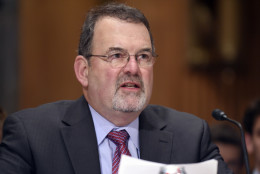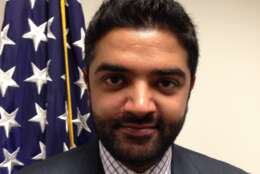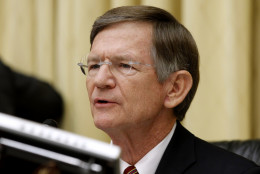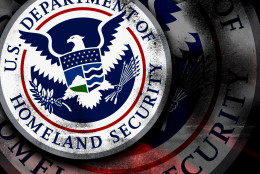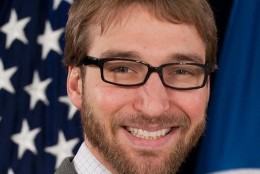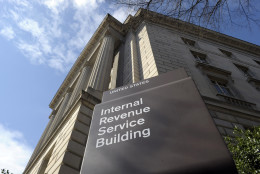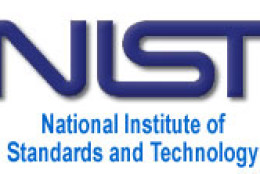National Institute of Standards and Technology
-
The Office of Management and Budget outlined a series of steps agencies should take to increase the number of people they recruit, train and prepare to protect federal networks.
July 12, 2016 -
Federal News Radio obtained a previously unreleased memo from federal CIO Tony Scott detailing 18 milestones over the next six months to make the Login.gov platform a reality.
June 13, 2016 -
Federal agencies like the Internal Revenue Service are finding that they must balance an increase in the amount of data they have to secure while providing safe access when that information is needed.
May 10, 2016 -
The National Institute of Standards and Technology released a second draft of Special Publication 800-160, a guidebook for agencies to build cybersecurity processes into their day to day operations.
May 05, 2016 -
Steve Grewal joined the General Services Administration as its new deputy chief information officer after spending the last four years at the Education Department.
May 02, 2016 -
Rep. Lamar Smith (R-Texas), chairman of the House Science, Space, and Technology Committee, says a former FDIC employee breached the information of 44,000 FDIC customers more than a month ago.
April 11, 2016 -
Federal workers are finding that mobile tech offers them flexibility and freedom that has the potential to vastly improve performance. But the downside is that these devices present a number of unique security risks.
April 06, 2016 -
The Homeland Security Department’s chief privacy officer is mandating mobile apps go through the vetting process known as the car wash before they can be deployed on the network.
April 04, 2016 -
With all those mobile devices and teleworking days, data security has become a real worry for federal IT shops. Murugiah Souppaya, a computer scientist from the National Institute of Standards and Technology, tells Federal Drive with Tom Temin about new NIST guidance that covers the best techniques and technologies for securing data and remote devices.
April 01, 2016 -
The National Strategy for Trusted Identities in Cyberspace at the National Institute for Standards and Technology is getting closer to possible solutions to identity theft and fraud. NSTIK Director Mike Garcia gives Federal Drive with Tom Temin an update on the program.
February 26, 2016 -
Whether they're on the football field or the battlefield, the health of people's heads has become a concern of federal health and safety standards officials. Concussions and traumatic brain injuries are a leading cause of long-term health problems of people in danger of impacts to the head. Advanced materials in head gear can mitigate the danger. That's why the National Football League, Under Armour, General Electric and the National Institute of Standards and Technology teamed up in for the Head Health Challenge. Dr. Laurie Locasio, director of the materials measurement lab at NIST, joins Federal Drive with Tom Temin to offer some insight.
January 25, 2016 -
In Wednesday's federal headlines, the White House released a cyber deterrence policy after repeated calls from Congress to do so.
December 30, 2015 -
The IRS has too many varying authentication methods and lacks a service-wide strategy for its growing number of online taxpayer applications, according to a new report from the Treasury Inspector General for Tax Administration.
December 29, 2015 -
Specific guidelines for maintaining and keeping track of the federal cybersecurity workforce are included in the 2016 omnibus, which Congress passed last week. Agency leaders will assign each position an employment code under the creation of a new National Initiative for Cybersecurity Education.
December 21, 2015 -
The National Institute of Standards and Technology is comparing the existing standards for Attribute Based Access Control. A new publication from the agency describes the two standards, NGAC and XACML and compares them with respect to five criteria to help users and vendors make informed decisions when addressing future data service policy enforcement requirements. David Ferraiolo, group manager of the Systems and Applications Group at NIST, tells Federal Drive with Tom Temin what Attribute Based Access Controls are and why they are important.
December 21, 2015


